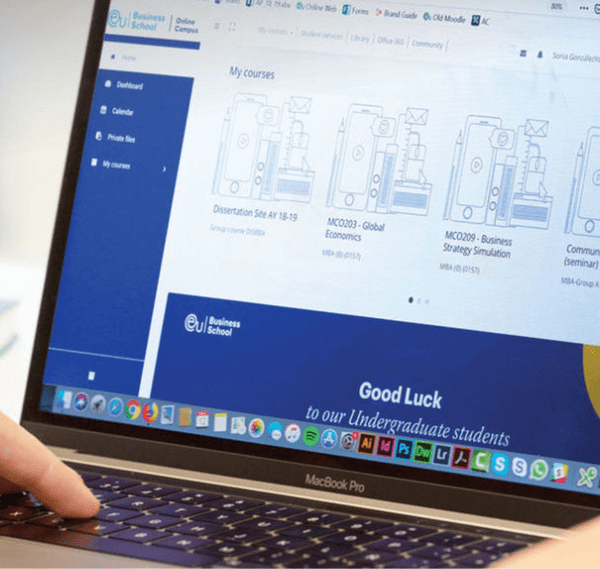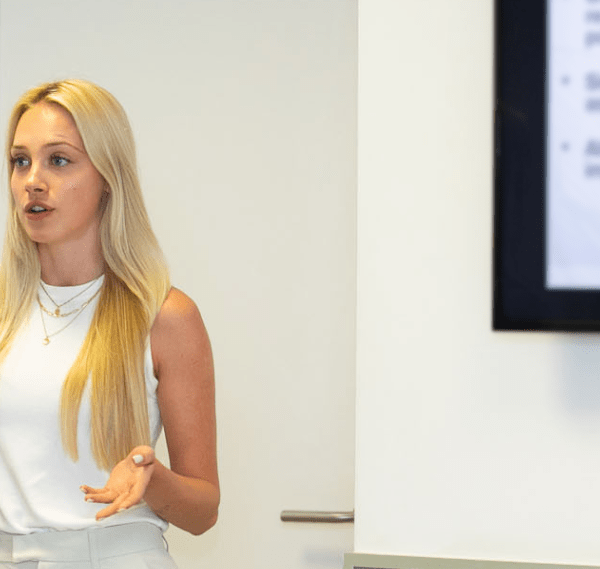Data science is an interdisciplinary field of study that uses computer programming, mathematics and statistics, and business analytics to gain usable insights from structured and unstructured data.
Data science has many applications. For example, it is used in fraud and risk detection to profile customers and estimate the risk of default. The study of genetics has been greatly advanced thanks to data science, which has improved healthcare professionals’ understanding of the links between genetics, diseases, and drug responses, and allowed them to create more targeted treatment plans. Additionally, technology companies like Apple, Microsoft, and Amazon have used data science to develop speech recognition capabilities for their AI assistants Siri, Cortana, and Alexa.
Business analytics, on the other hand, is targeted more towards the corporate world. It refers to the statistical analysis of historical data to improve decision-making processes within an organization.
What is the difference between data science and business analytics?
The main difference between data science and business analytics is specificity. Data scientists gather data and examine its origins, extract insights from it, and determine how those insights can be used to drive change, which is very similar to what business analysts do. However, business analysts usually have a specific question in mind when they are carrying out their processes (e.g., how can automation improve our services?), whereas data science studies trends and patterns more generally.
Other relevant differences include:
- The type of data that is used. Data science uses both structured and unstructured data, while business analysis is focused on structured data.
- Data science is more technical. It requires substantial knowledge of computer science, including coding. Business analytics, on the other hand, relies largely upon knowledge of statistics.
- Insights gained from business analytics help organization heads to make decisions. However, insights gained from data science aren’t usually used for this purpose.
That’s not to say they can’t be, though. Read all about the ways data science is impacting the business sector here.
Plus, since data scientists use business analytics to forward their research, you could argue that, despite their differences, it is useful to look at and learn the two disciplines together.
Is a business analytics degree worth it vs. a data science degree?
Whether or not a business analytics degree is worth it depends upon your own individual skills and career aspirations.
By studying for a degree in business analytics, you will gain skills in:
- Data interpretation. The amount of data being produced daily is constantly growing. As such, it is becoming increasingly important for business analysts to know how to clean and interpret data.
- Data visualization. This refers to the ability to present insights gained from interpretation and analysis in a graph, chart, or map. For example, you may demonstrate patterns you’ve noticed in consumer behavior on a scatter graph.
- Critical thinking. Thinking critically and solving problems is vital to success in business analytics because people in these positions are responsible for improving decision-making within their organizations and creating evolutionary business models.
- Mathematics and statistics. Business analysts need to collect, organize, and interpret statistical data for the purposes of modeling, inference, estimating, and forecasting.
The career path for a business analyst typically begins with an entry-level role worth between €25-36,000 a year. By working your way up to a senior management/leadership role (e.g., Business Strategy Leader), you can expect an annual salary upwards of €60,000.
Business analysts are sometimes known by other names, e.g., business architect, product owner, requirements engineer, etc. However, in all these positions, you’ll be responsible for the same kinds of tasks, which include using data modeling to suggest strategic and operational changes and weighing up the risks for the business should you implement them.
If you are looking for a more varied role, you may want to consider a career in data science instead.
As we have already seen, there is some crossover in the skills required for both roles (e.g., statistics and data visualization). However, data science courses will also teach technical skills, including:
- Computer science and programming. Data science roles require you to be able to write computer programs or code using a variety of languages, such as Python, R, and SQL.
- Machine learning. This refers to the development of computer programs that can automatically process and learn from data without being taught.
- Calculus and algebra. Multivariable calculus and linear algebra are needed to build machine learning models.
Because it requires a more varied skill set, a degree in data science might open more doors for you. In addition to becoming a Data Scientist, here are a list of jobs you will be qualified for with a postgraduate degree in data science:
- Statistician
- Data Analyst
- Data Engineer
- Database Administrator
- Data Architect
- Machine Learning Engineer
- Business Analyst
That’s right—you can work as a Business Analyst with a degree in data science. However, with a degree in Business Analytics, you will not have all the knowledge you need to get into data science, so choose your degree course carefully!
At EU Business School, we offer a combined postgraduate degree in Business Analytics & Data Science to maximize your career options once you have graduated.
Why choose EU Business School’s Masters in Business Analytics & Data Science degree?
Advances in technology are constantly changing business processes and strategies. Therefore, young professionals entering the market today must have a good understanding of how to use data science and business analytics to drive change within their industry.
Our course is a hands-on postgraduate degree delivered by academic staff with extensive practical experience of what they are teaching. It provides students with critical thinking and problem-solving skills, insights into global business practices, and international networking opportunities.
You can study for your Masters in Business Analytics & Data Science at any one of our Barcelona, Geneva, or Montreux campuses and immerse yourself in the European business scene, or you can take classes online.
Check out the course profile on our website today.










